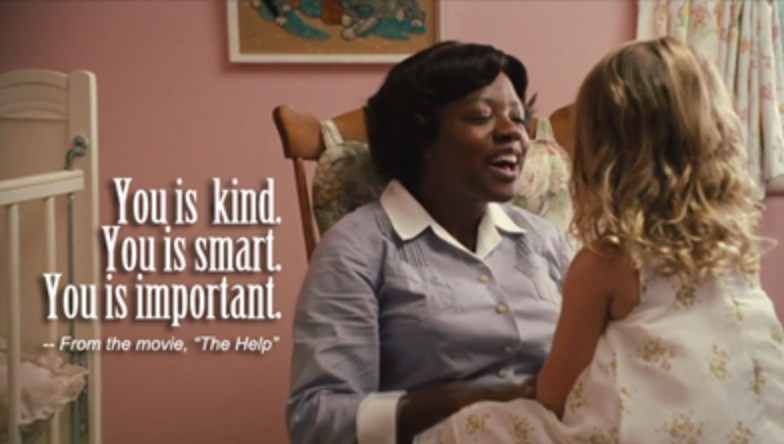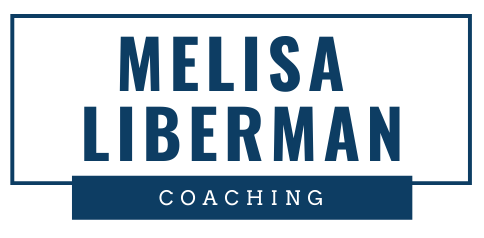ThinkLikeABoss: How Playing The Corporate Game Can Backfire As An Independent

I crashed and burned on one of my first projects as an independent consultant.
I’ll tell you the story (even though it’s embarrassing), so you can avoid repeating it in your consulting business.
A VP had hired me to lead a project.
I created a strategy and plan.
I got buy-in from the VP and his team.

We started the project.
But, I made one crucial error.
I expected the VP to get buy-in from the C-suite as he had promised.
I told myself I’d let the VP handle it, that I shouldn’t go above someone’s head.
I thought I should follow the hierarchy, like a good employee does.
The result?
The VP didn’t communicate upwards and the CEO became enraged after he found out second-hand.
The project was cancelled and I was no longer needed (to put it nicely).
What cost me the deal?
My thinking about the work from an employee’s perspective and instead of from an expert consultant/business owner’s perspective had cost me a deal.
I share this story with you to highlight how important it is for you as a successful consulting business owner to be aware of and shift your thinking about corporate relationships, hierarchies, and how the “game is played”.
Want to listen to this in audio also? Melisa also has a podcast on the topic. Check it out, here.
In this post, we’ll dive into
- The 3 most common employee-minded thoughts about professional relationships
- How this employee-thinking can impact your business, if left unmanaged
- The shift to make so you start thinking (and succeeding) like a business owner
What Employees Say: Professional Relationships
Let’s start with the 3 most common ways we think about professional relationships when we’re employees.
**One important caveat: some of these thought processes aren’t helpful when we’re an employee. This post is NOT focused on those call-outs. That’s a topic for another day.
Instead, this post is focused on common thought patterns we have as employees and how those impact your independent consulting business.**
Can you relate to any of these employee-based ways of thinking?
1. “I’m beneath this person in the hierarchy.”
When we’re employees, and we’re below someone in the hierarchy, it’s common to judge and compare ourselves to that person. It’s also common to self-impose rules re: what’s appropriate to say or do.
For example, unspoken judgements and rules are:
- This person is smarter than I am
- This person is more successful than I am
- This person is more influential than I am
- This person has more expertise than I do
- I shouldn’t approach them
- I shouldn’t waste their time
- I should go up the chain, not directly to them
2. “I’m above this person in the hierarchy.”
As an employee, when someone else is below us in the hierarchy, it’s common that we give ourselves permission to think:

- I’m more experienced than this person
- I have more clout than this person
- I have more decision-making capability than this person
- And, if we’re honest, these are often thoughts that fall into the “I’m better than this person” category.
3. “It isn’t my place.”
The third thought process we’re taught as employees when it comes to relationships is that we should stay in our place. In other words, we’re taught to stay in our own lane and to stay out of topics, decisions, and input that aren’t our place.

For example, this shows up as thinking (and even saying) things like:
- That’s above my pay grade
- That’s not for me to decide
- That’s not my business unit
- I don’t own that
The Impact of Employee-Based Thinking
Next, let’s talk about the impact of keeping these 3 mindsets in place re: professional relationships now that you’re a business owner.
It’s common for independent consultants to mentally place themselves into the corporate hierarchy, even though they don’t have an official spot there.
Then, they use this as a way to create structure, guardrails and unspoken rules that govern how they engage.
Are you doing that subconsciously too?
If so, here’s the impact:
| Typical Employee Way of Thinking |
Impact |
| You make assumptions about the people based on the corporate hierarchy during the sales process. | You lose the deal |
| You wait for permission (explicit or some other sign) to act or speak in a certain way based on your perceived place in the hierarchy | You’re not seen as the expert |
| You expect people “above you” to sell your ideas and gain approval (like I did in the story I shared at the beginning of this article) | You become a commodity (who’s either paid less or let go) instead of an expert who leads from the front |
| You discount people you perceive are “below you” (often without realizing it) | You miss out on building relationships with influencers and collaborators for the work you’re selling and delivering |
Ultimately, all of this leads to
- Underearning (fewer projects and less revenue for the projects you do land)
- Watering-down of your expertise
- Lackluster results for your clients on the work you deliver
#ThinkLikeABoss Relationships
Now that you’re aware of the 3 employee-mindsets that will keep you underearning as an independent consultant, let’s talk about how to adjust into a business owner mindset.
Simply put, mentally remove yourself from the corporate structures and rules of the game:

- You’re not in the hierarchy
- You’re not a colleague, direct report, indirect report, or subordinate to anyone
Instead, purposefully focus on thinking about yourself as an external expert who’s there to add value
The Takeaway
Let’s pull this together, so you can put this into action.
Here are 3 specific next steps for you, to transform your thought processes around professional relationships from employee to business owner:
- Be Aware
- Notice how you’re thinking of yourself from the employee-perspective
- Identify the self-imposed rules you’ve established
- Recognize where you’re waiting on permission unnecessarily
- Pinpoint areas where you’re delegating or deferring to someone, and putting the success of your work at risk
- Purposefully shift your thinking into a new, business-owner mode who isn’t thinking of themselves in a hierarchy, and instead seeing themselves as the external expert you are.
Don’t Miss Melisa’s Podcast on this Topic
About Melisa Liberman Coaching:

Melisa is a business growth coach who focuses on helping independent consultants double their revenue without sacrificing their personal lives. She’s created several successful independent consulting businesses of her own over the last 9 years and is passionate about helping her clients do the same. You can find her in the MBO app store and leverage special MBO preferred rates on her consulting programs and services.
Don’t Miss Melisa’s Other Articles:
Categories
Subscribe to the Insights blog to get weekly insights on the next way of working
Join our marketplace to search for consulting projects with top companies
Learn more about MBO
Learn how to start, run and grow your business with expert insights from MBO Partners
Learn how to find, manage and retain top-tier independent talent for your independent workforce.
MBO Partners publishes influential reports, cited by government and other major media outlets.
Research and tools designed to uncover insights and develop groundbreaking solutions.


